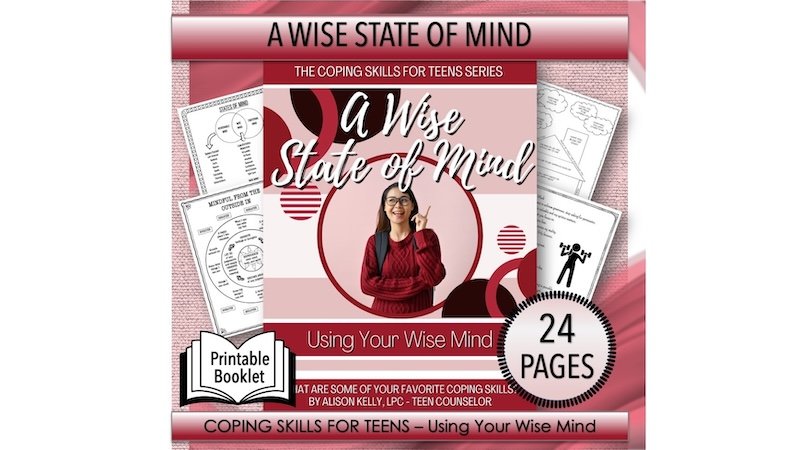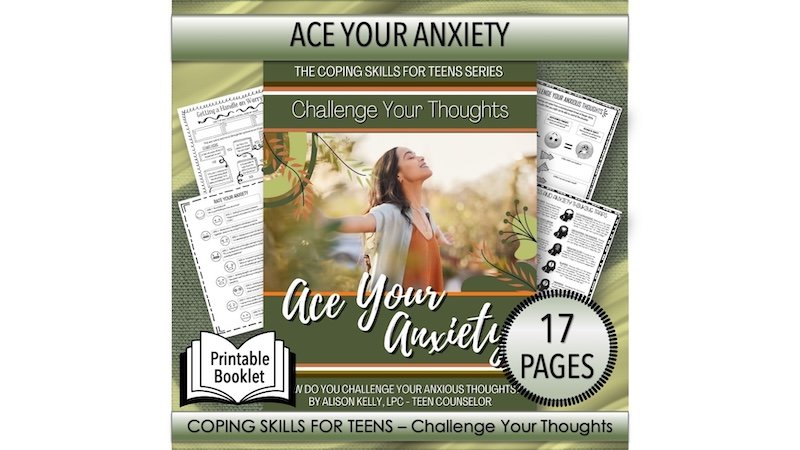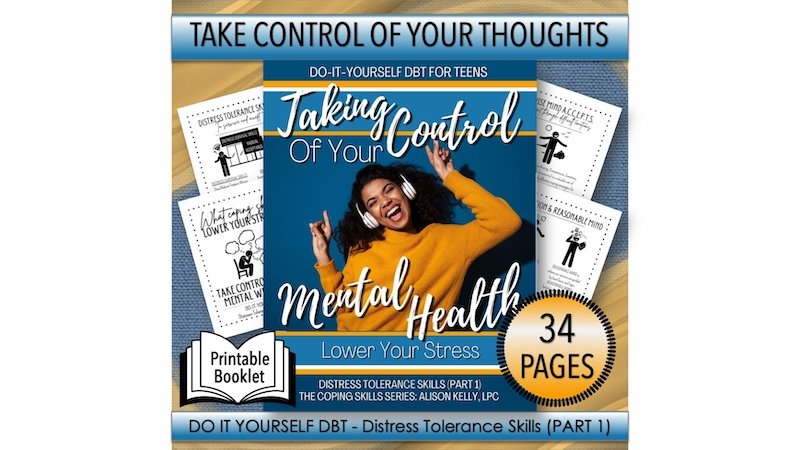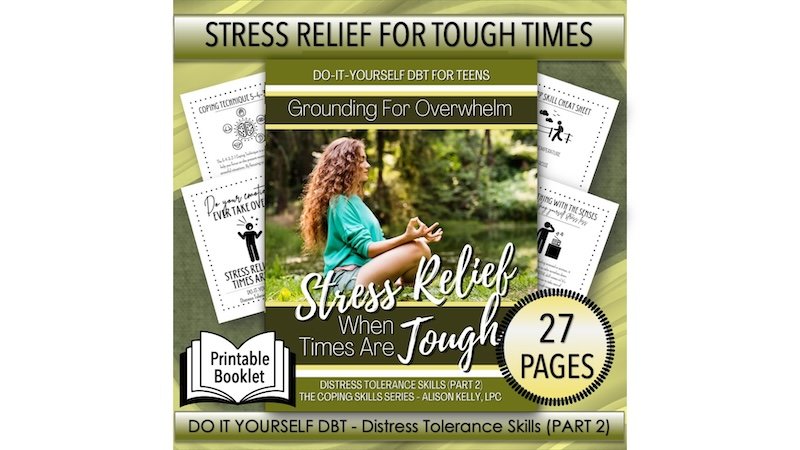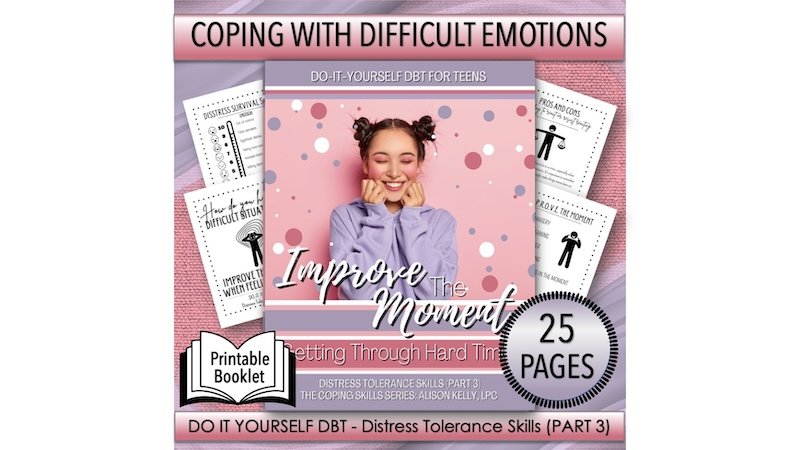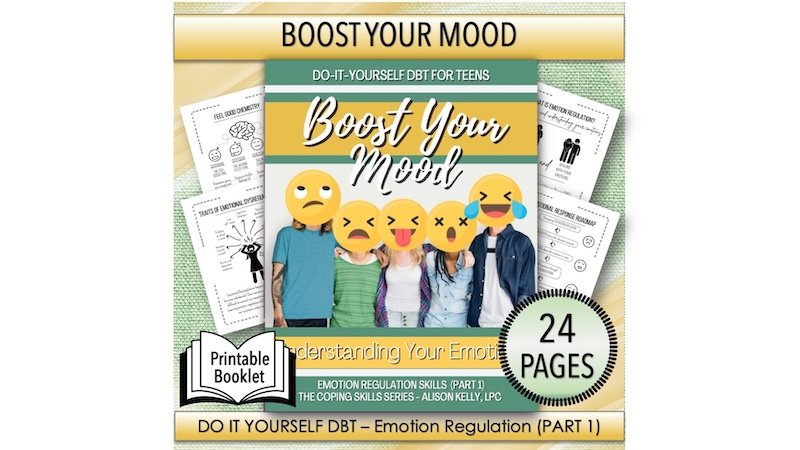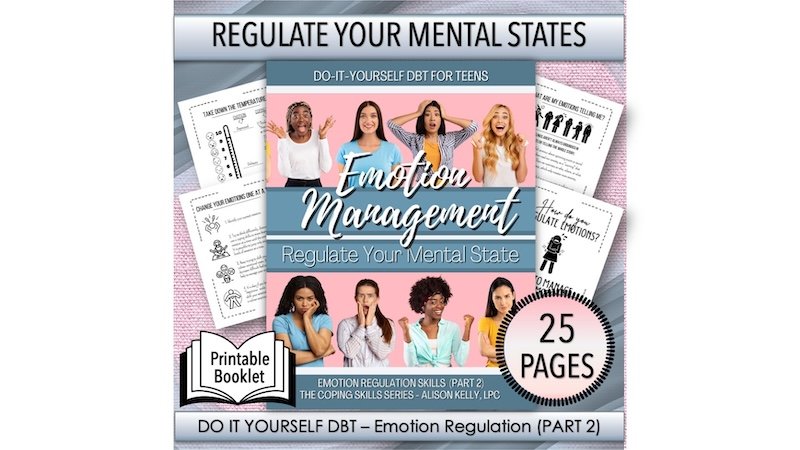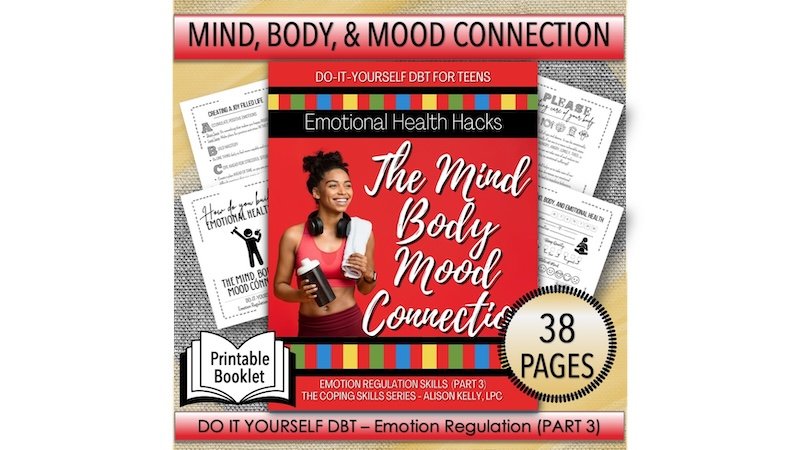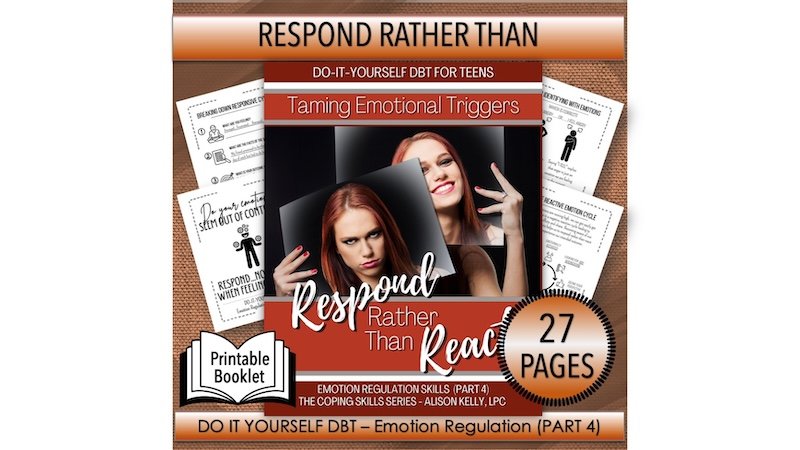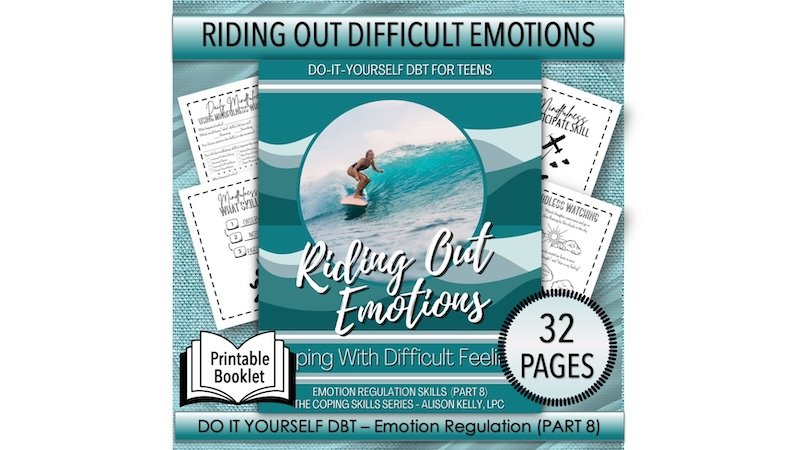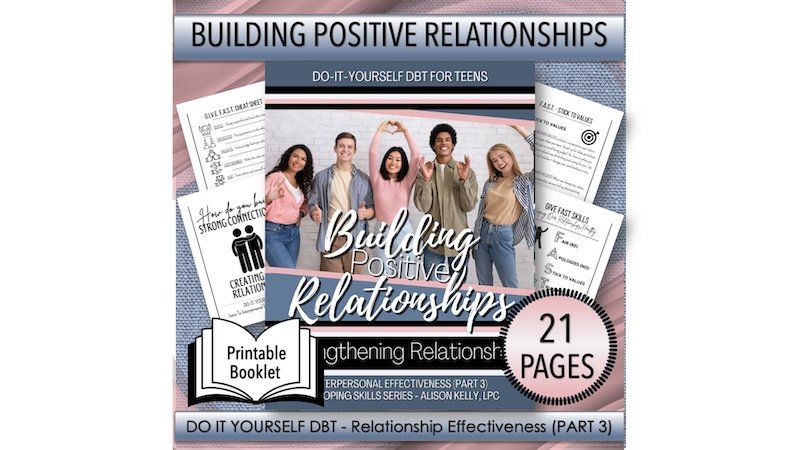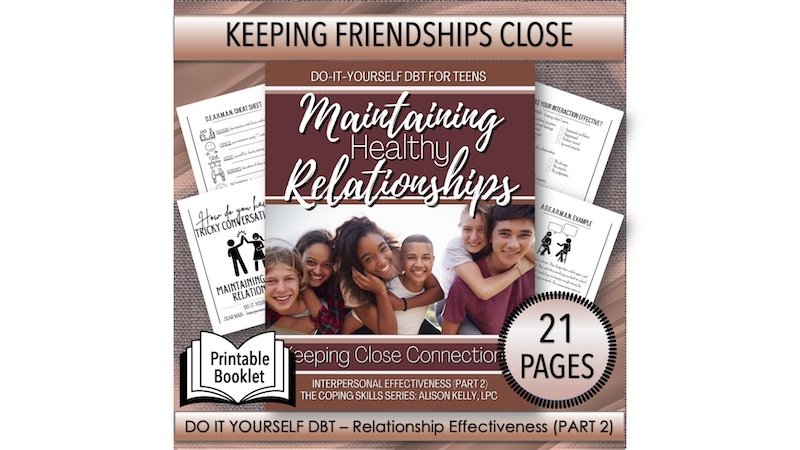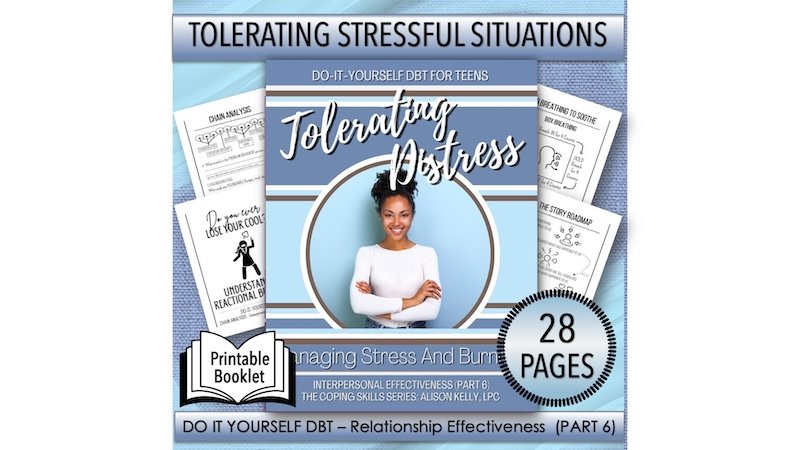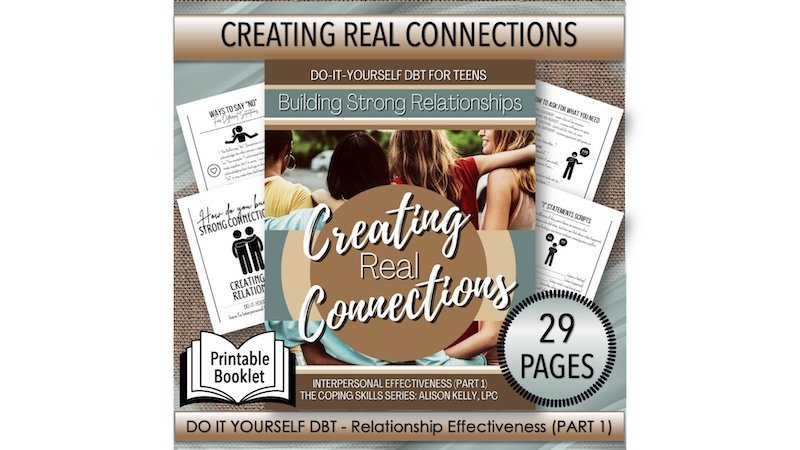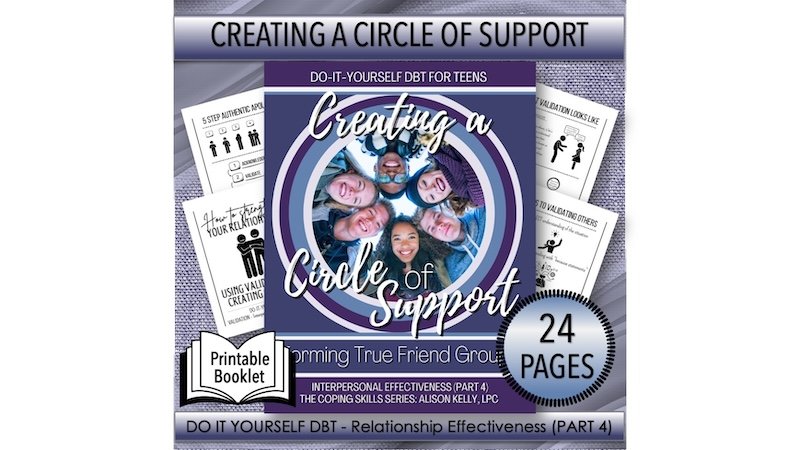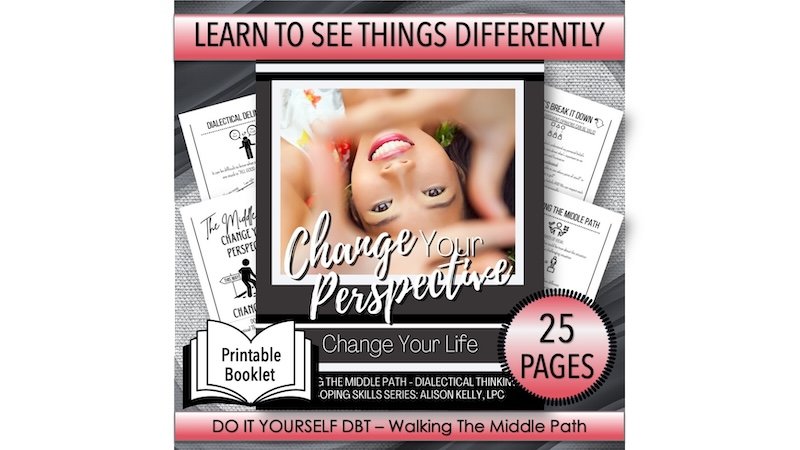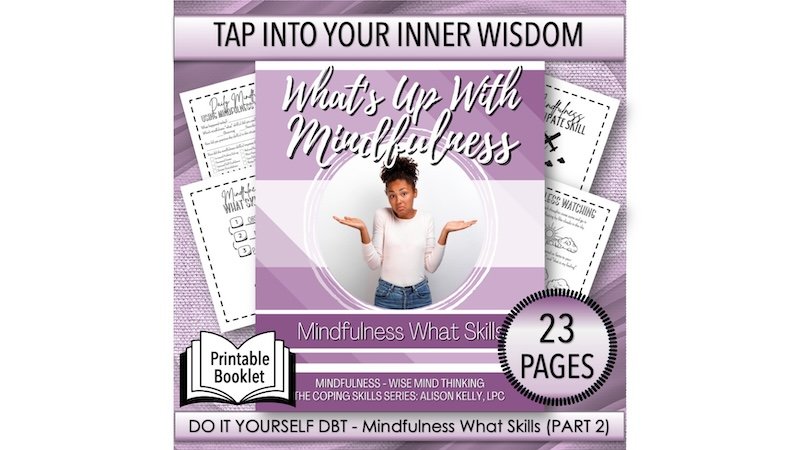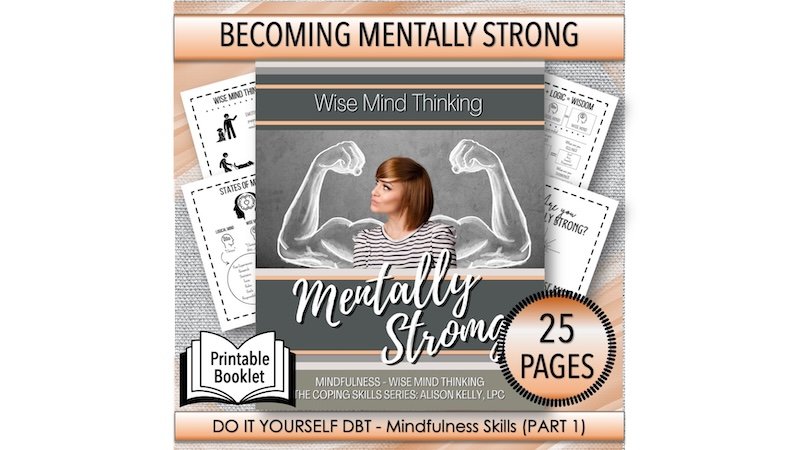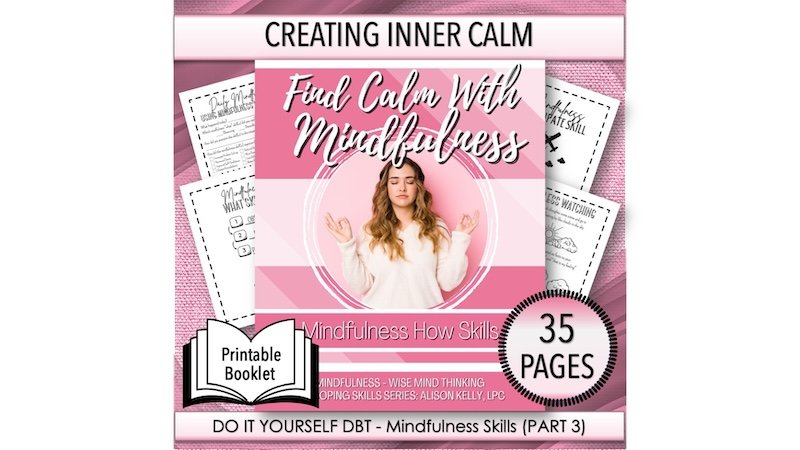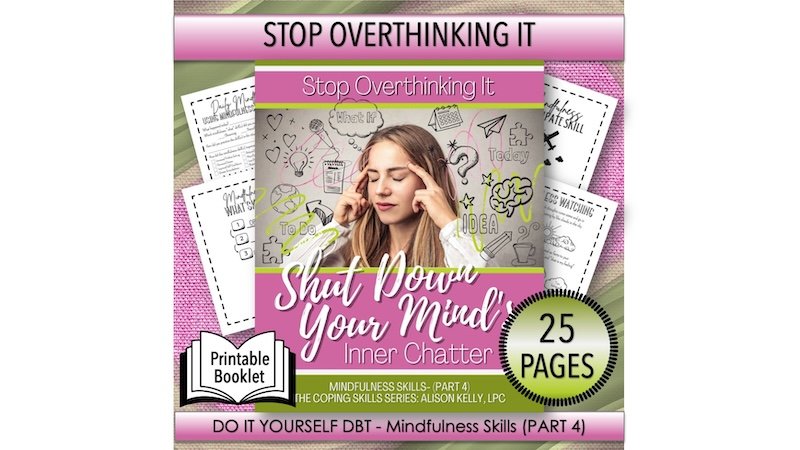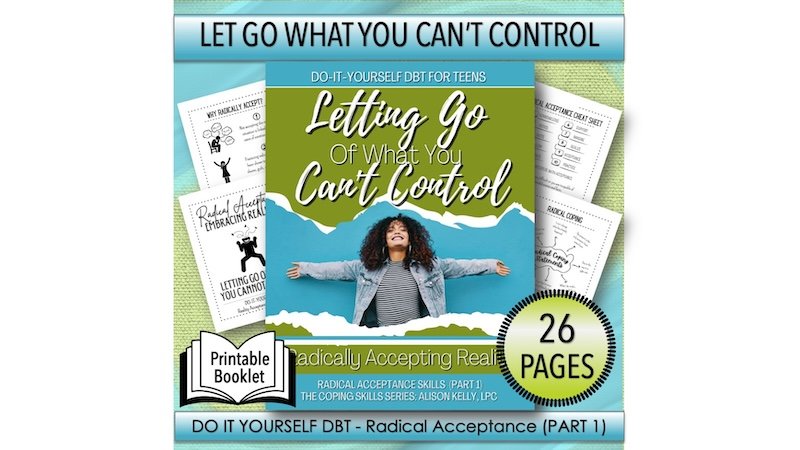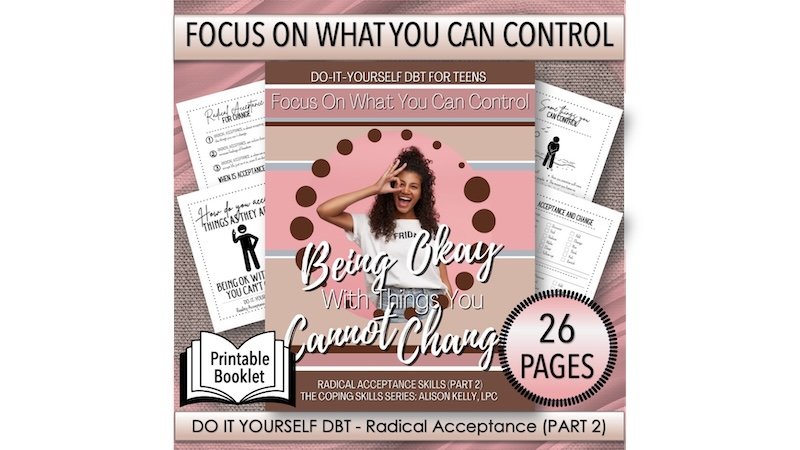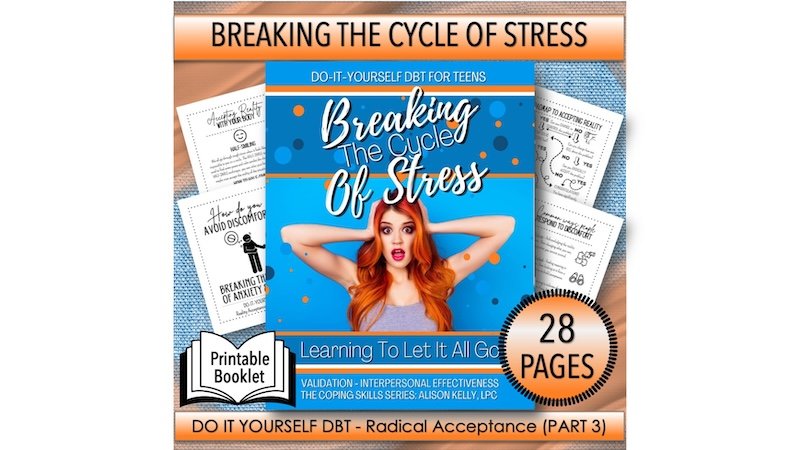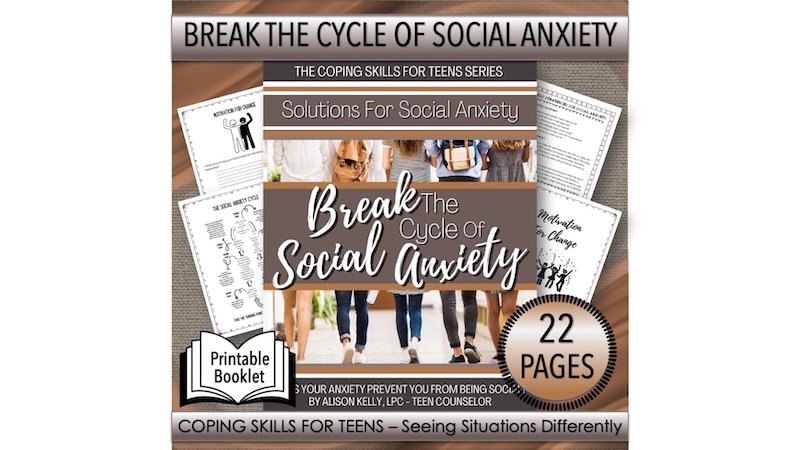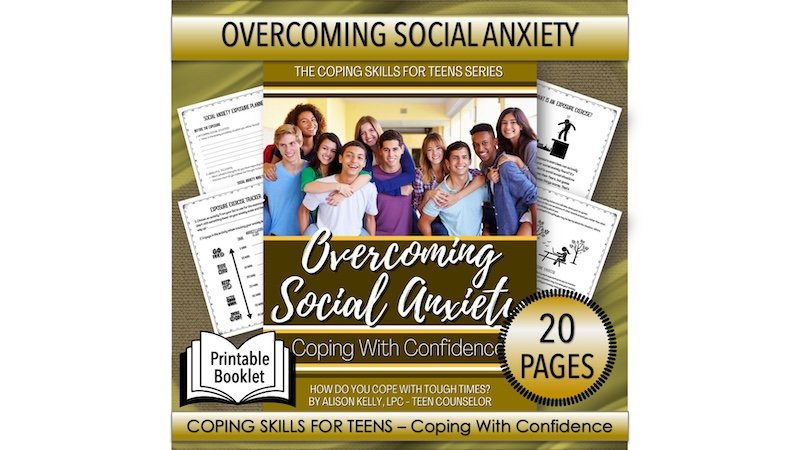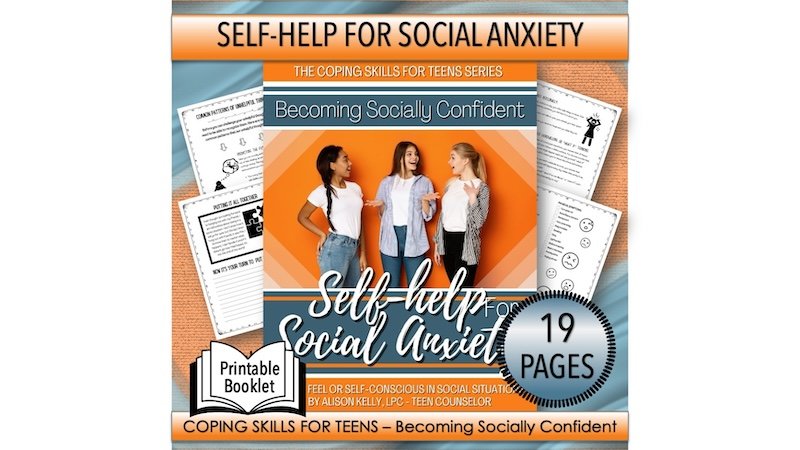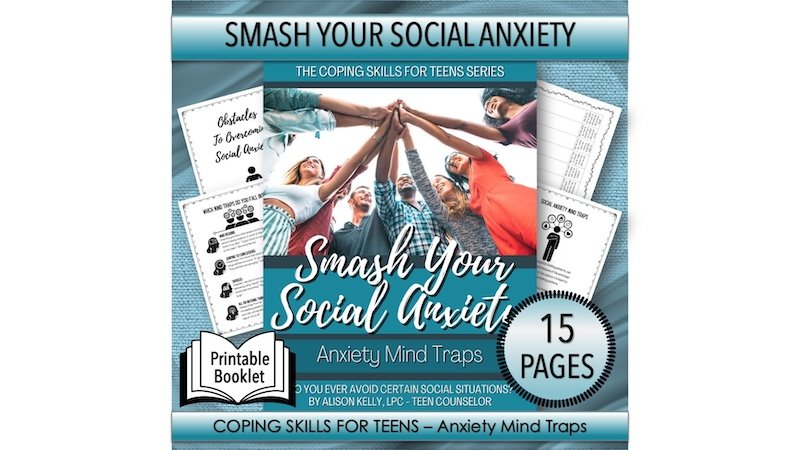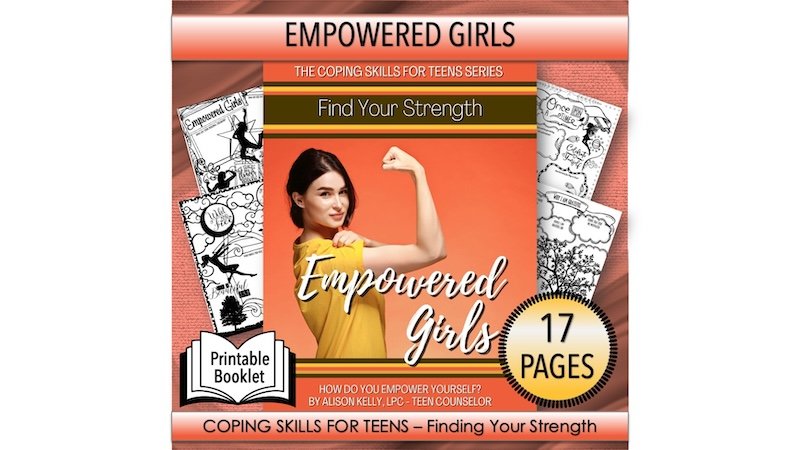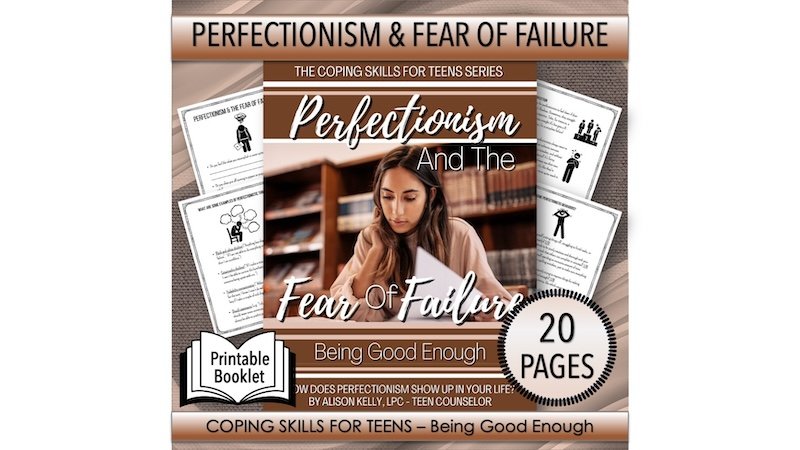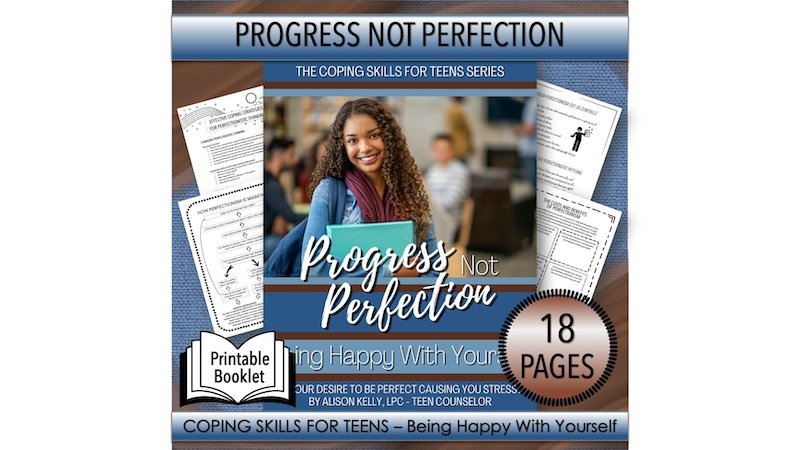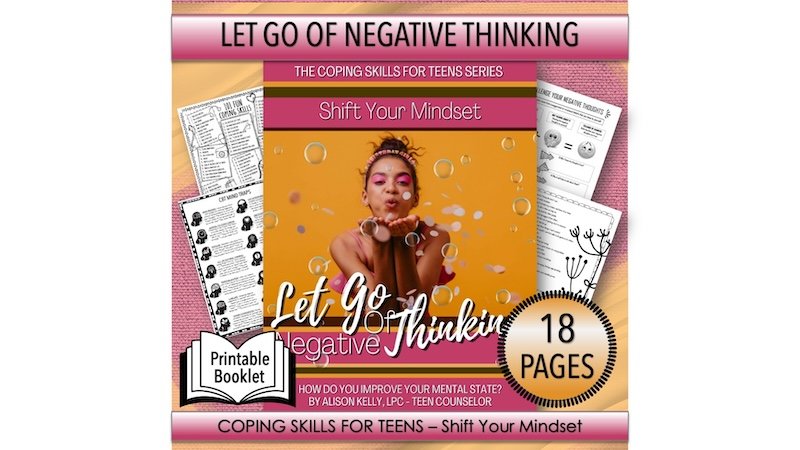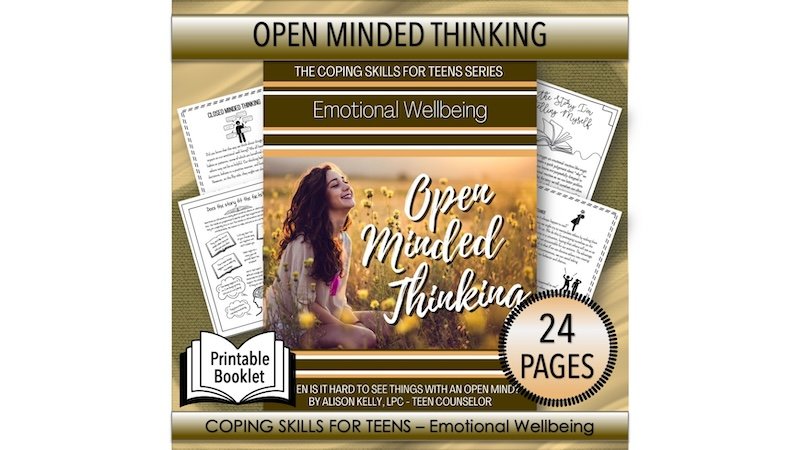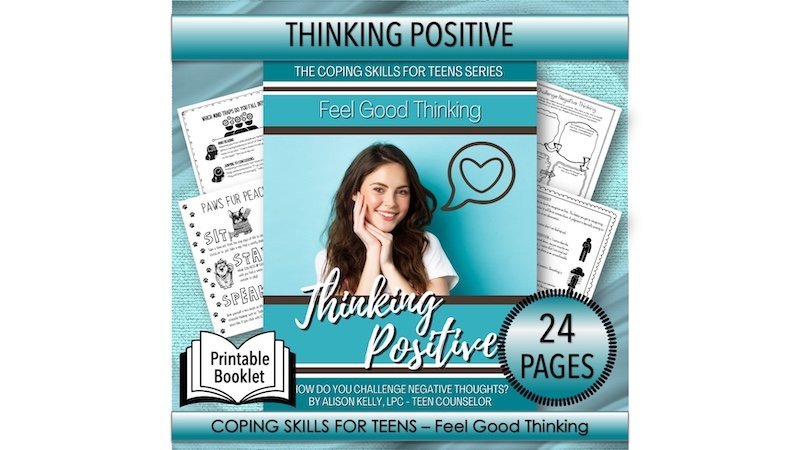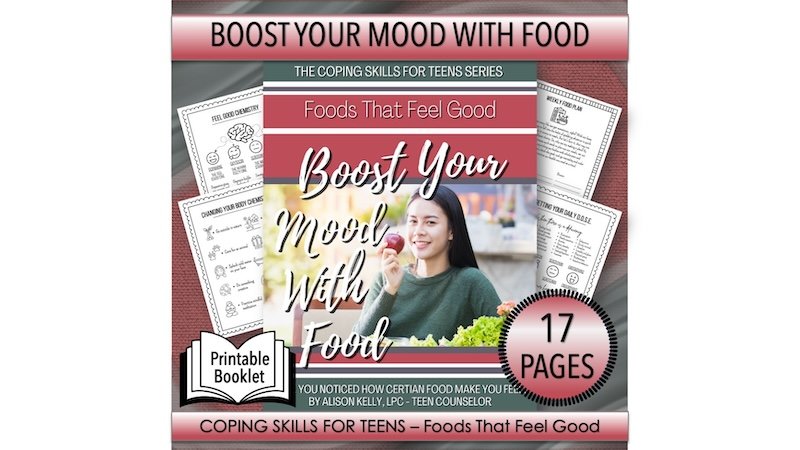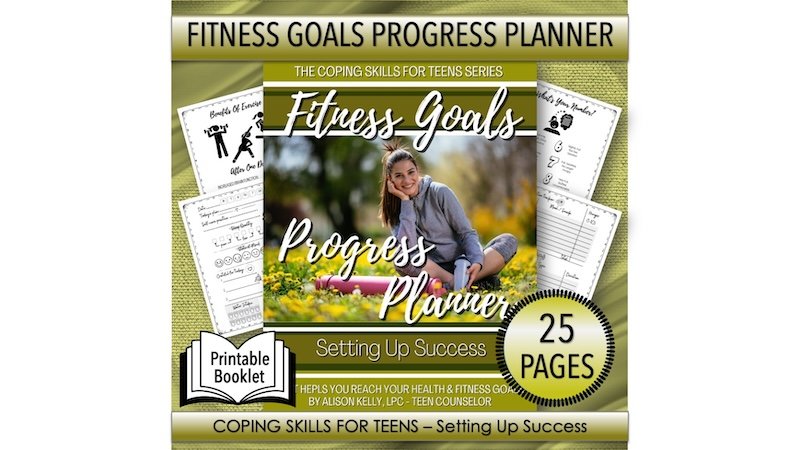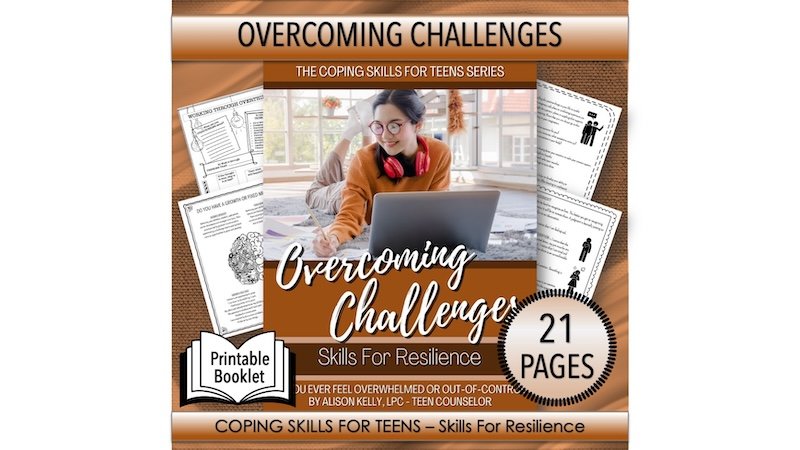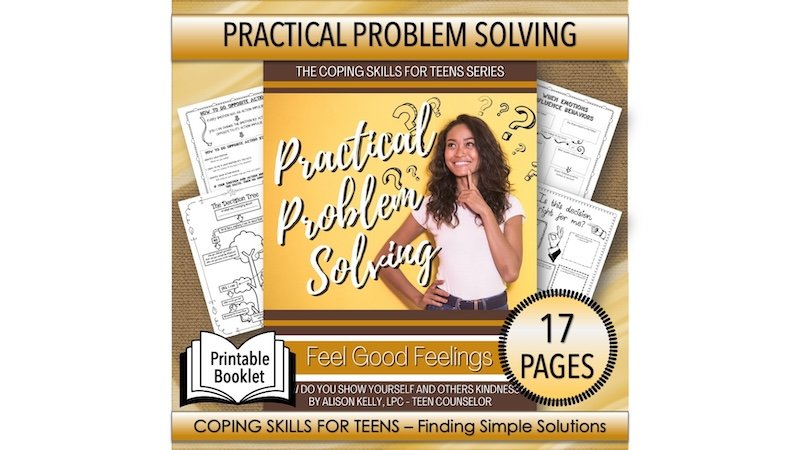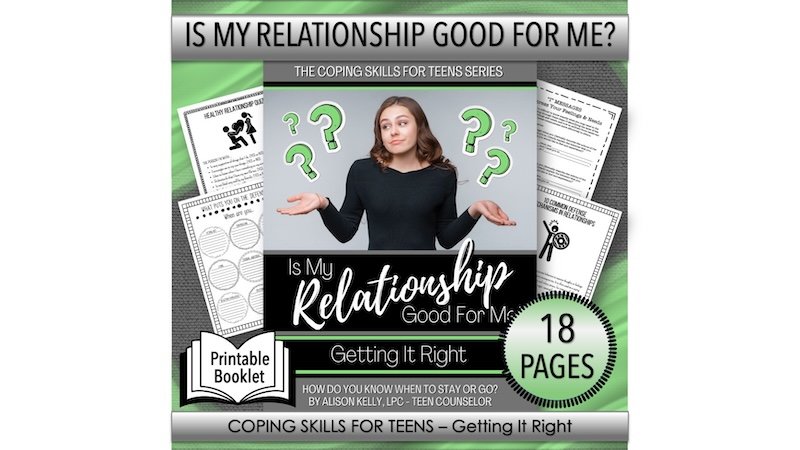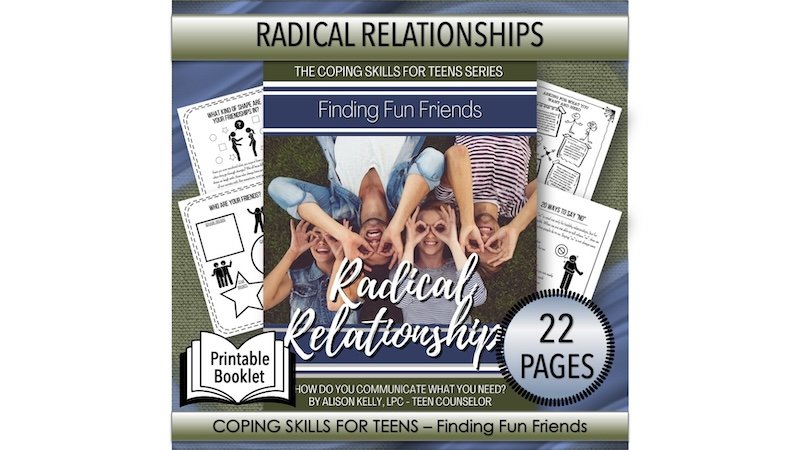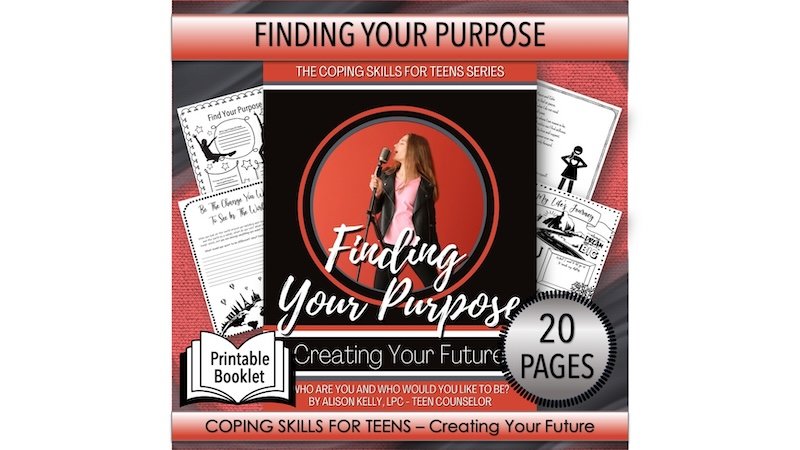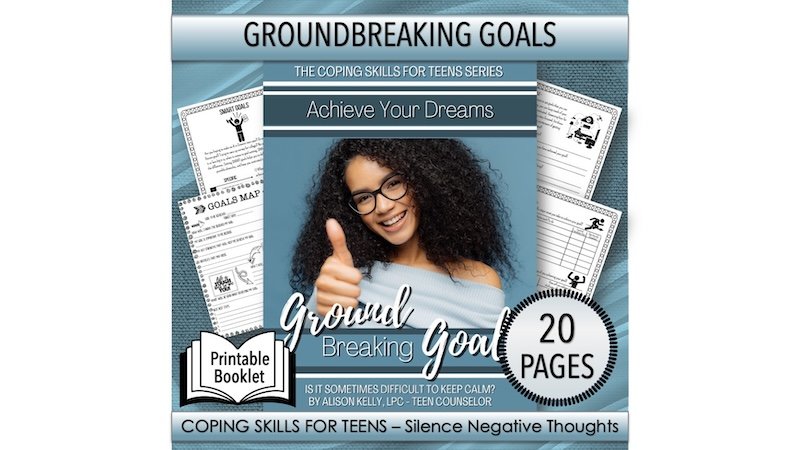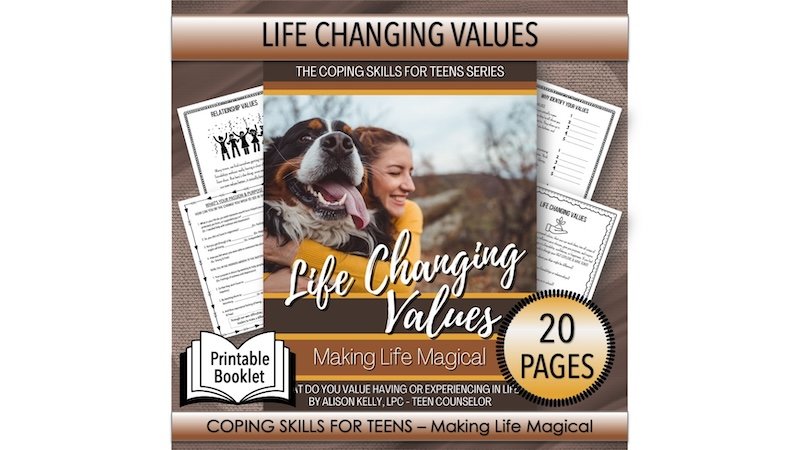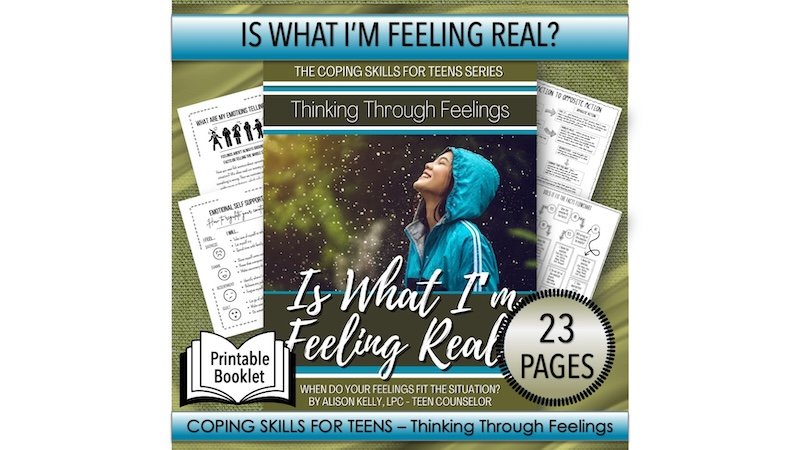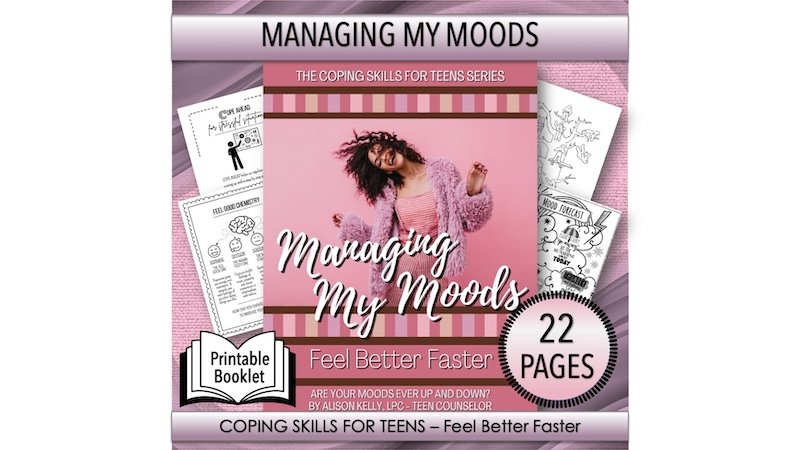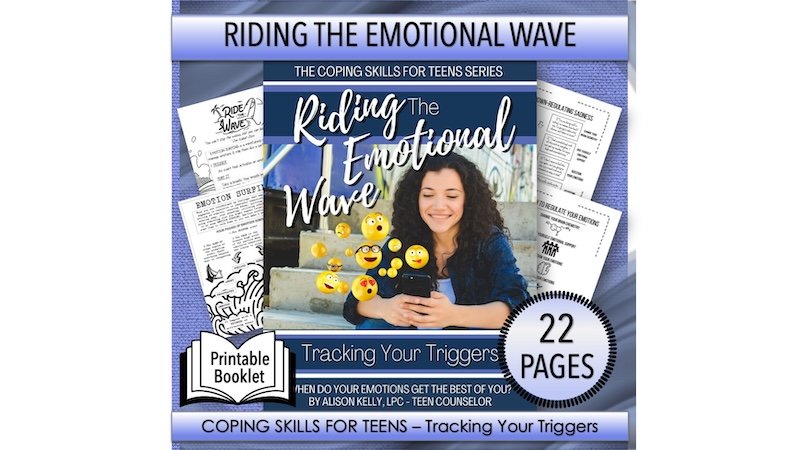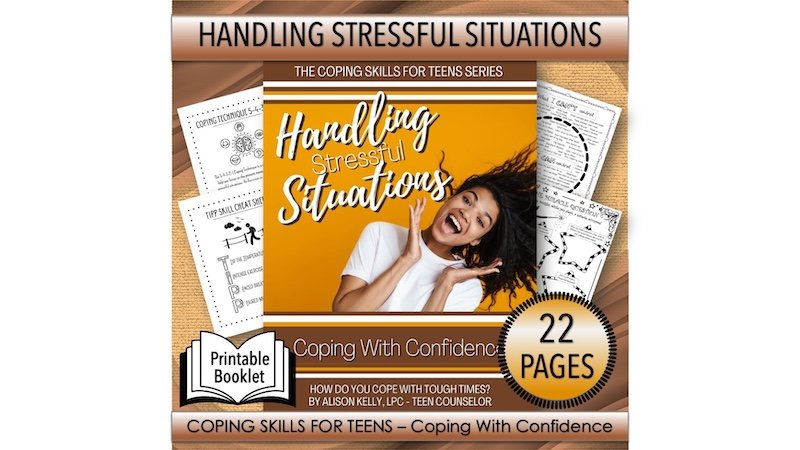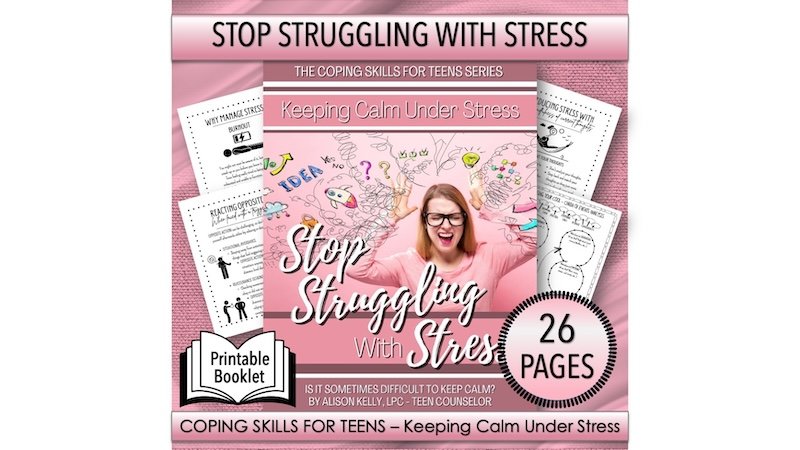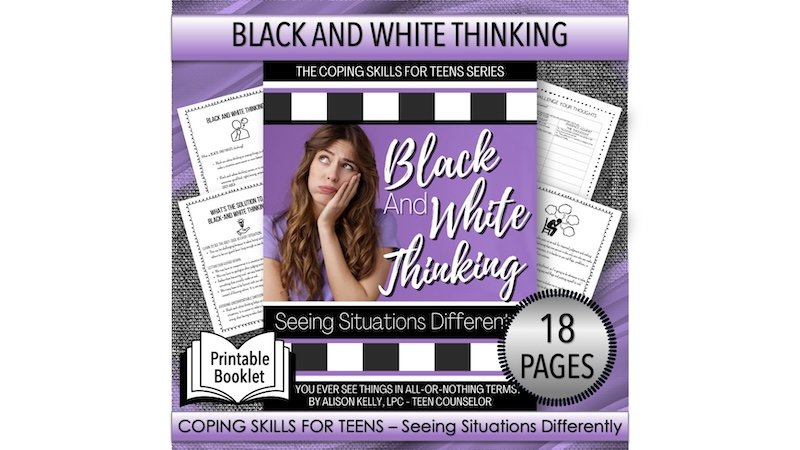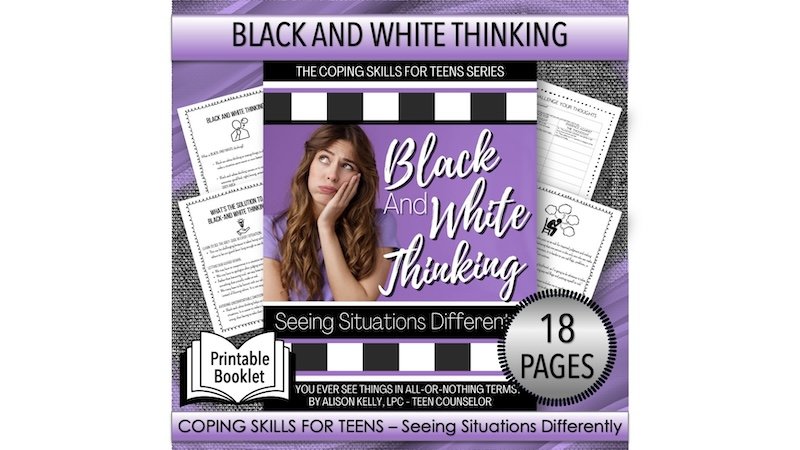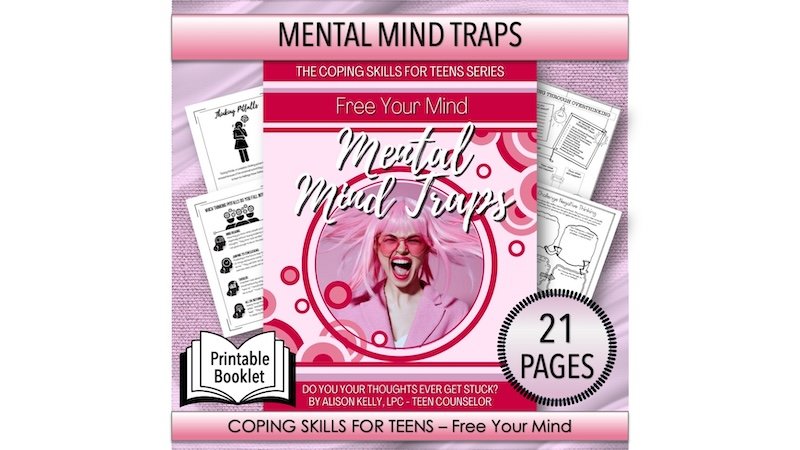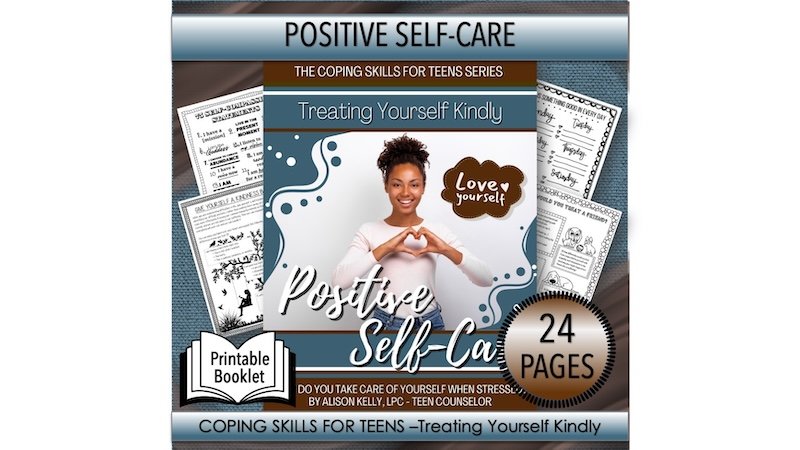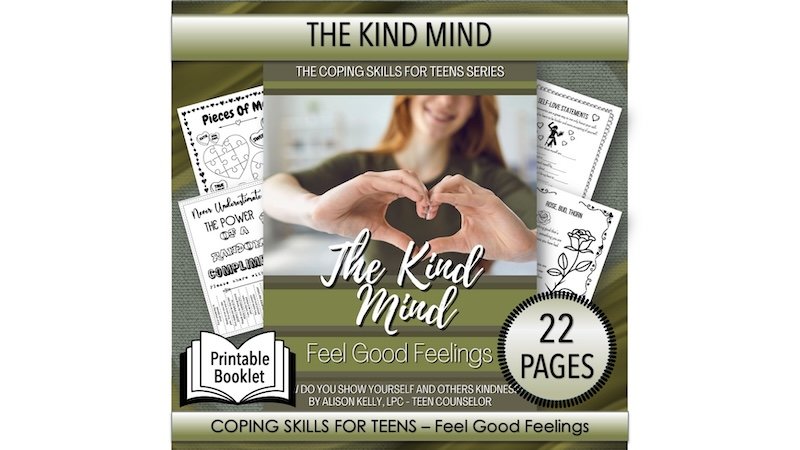
RO-DBT Girls Groups
RO-DBT SKILLS GROUP FOR HIGH SCHOOL GIRLS
THURSDAYS 6:00PM TO 7:00PM
Price: $70 per class - All materials included
All groups are IN-PERSON
Seats are limited to 8 per group so that everyone feels heard and everyone has an equal voice.
700 Old Roswell Lakes Parkway
Suite 130
Roswell, GA 30076
Do you consider yourself someone who values following rules, maintaining self-control, and striving for perfection? If you find that you often struggle to connect with others and keeping your emotions in check, Radically Open Dialectical Behavior Therapy (RO-DBT) can provide valuable insights and techniques to improve your social interactions and overall well-being.
RO-DBT can be particularly beneficial for individuals with an overcontrolled style of coping such as OCD, anxiety, chronic depression, ADHD, and eating disorders. It can help them break free from emotional loneliness, social isolation, and form deeper connections with others.
The core principle of RO-DBT is radical openness, which means being open, flexible, open-minded, and able to form meaningful social connections. When we embrace a radically open mindset, we become better at building relationships because we're open to learning from others and understanding them better.
RO-DBT encourages us to be actively open to all aspects of our lives, even the uncomfortable ones, because it allows for personal growth and development. With RO-DBT, the goal is to join a community and establish connections with others to build a life that's worth sharing!
THE RO-DBT SKILLS GROUP IS FOR TEENS WHO:
Difficulty adjusting to changing circumstances
Avoids expressing emotions
Difficulty with relationships and feeling connected with others
Has a hard time with maladaptive perfectionism
Struggles with excessive self-control
Has a preference for order or is a rule follower
Can feel socially isolated or lacking friendships
THIS GROUP WILL GIVE YOUR TEEN THE SKILLS SHE NEEDS TO:
Increased openness to experiencing new things and ways of thinking
Increased flexibility in emotional responses and thoughts
Greater expressiveness of feelings of one’s inner state
Better ability to connect with and relate to and with others
Reduced sense of loneliness
Increased willingness to change how one thinks and responds to emotions
Better ability to effectively regulate emotions
Improved well-being and quality of life
WONDERING IF A RO-DBT SKILLS GROUP IS THE RIGHT FIT FOR YOUR TEEN?
Does your teen tend to cope with their emotions with excessive self-control?
Does your teens self-controlling behaviors impair functioning especially in social relationships?
Does your teen have struggle with a flexible mindset?
Do they have difficulty maintaining strong relationships?
Is your teen avoid people or situations that are uncomfortable?
Does your teen ever feel like they're missing out on things or finds it difficult to connect with groups?
Does your teen resist coping with change?
Does your teen ever feel their friends don’t really understand who they are?
Does your teen feel they are different from others and tend to avoid any social situations?
Does your teen have a tendency to express their emotions that many not be in the context of the situation?
Does your teen hesitant to try new things or closed off to experiences especially if there is uncertainty?
Can your teen have a defensive knee-jerk reaction feedback?
If you answered YES to at least 3 of these questions, a DBT skills group might be a great way to support your teen. Fill out the form below and I will contact you to schedule a phone call to explore the next best steps.
RO-DBT WILL HELP YOUR TEEN:
RO DBT is a new evidence-based treatment for patients with emotional over-control. ‘Self-control’ is usually seen as a good thing, however too much self-control can cause difficulties. Excessive self-control is associated with social isolation and poor interpersonal relations. Over-control is also seen as a problem of emotional loneliness, not necessarily lacking contact with others, but lack of social connectedness with others.
We are social beings and we know that 3 core components of emotional well-being are:
Openness: Teaches receptiveness to feedback and constructive criticism; this can be difficult for those with a high sense of control and threat sensitivity
Flexibility: Teaches adaptability; this is important because behavior in one situation might not be appropriate in another situation
Connectedness: Teaches emotional recognition and emotional expression; these valuable skills support appropriate intimacy and healthy relationships
RO-DBT GROUP APPROACH:
RO DBT is a new evidence-based treatment for patients with emotional over-control. ‘Self-control’ is usually seen as a good thing, however too much self-control can cause difficulties. Excessive self-control is associated with social isolation and poor interpersonal relations. Over-control is also seen as a problem of emotional loneliness, not necessarily lacking contact with others, but lack of social connectedness with others.
We are social beings and we know that 3 core components of emotional well-being are:
Openness: Teaches receptiveness to feedback and constructive criticism; this can be difficult for those with a high sense of control and threat sensitivity
Flexibility: Teaches adaptability; this is important because behavior in one situation might not be appropriate in another situation
Connectedness: Teaches emotional recognition and emotional expression; these valuable skills support appropriate intimacy and healthy relationships
HOW IS RO-DBT DIFFERENT FROM TRADITIONAL DBT?
Both traditional DBT and RO-DBT share a common goal of helping patients improve their emotional well-being and relationships. However, traditional DBT places a strong emphasis on balance and harmony through integrating opposing perspectives, while RO-DBT emphasizes radical openness and receptiveness to new experiences and feedback.
Traditional DBT provides patients with skills and strategies to manage their emotions, tolerate distress, and navigate interpersonal relationships effectively. By teaching patients how to validate their emotions and communicate their needs assertively, traditional DBT aims to help them build a life worth living.
In contrast, RO-DBT focuses on developing greater emotional and behavioral flexibility and enhancing social connectedness and a sense of belonging. Through the concept of radical openness, RO-DBT encourages patients to be open to new experiences, ideas, and feedback from others, promoting curiosity, empathy, and enhanced social interactions.
FILL OUT THE FORM BELOW FOR MORE INFORMATION:
*Please note: This form is NOT encrypted or secure. Refrain from sending any personal or confidential information via this form.
frequently asked questions
What is an intake session?
After you request to join this group, we will schedule an intake session with you and your teen in order to discuss the group’s purpose and guidelines, discuss your teen’s needs and goals, and answer any questions you might have. This is also the time to complete necessary paperwork. The main purpose of this appointment is to help determine whether the group is a good fit for your teen’s needs. It will take 20 minutes over the phone, and there is no fee.
Who is NOT A GOOD FIT FOR GROUP Therapy?
If your teen is violent, engaging in risky or problem sexual behaviors, or actively abusing drugs or alcohol, they may not be appropriate from group therapy. Group needs to feel safe for all members and if your teen is struggling with one of these issues, they may need specialized treatment or individual counseling to work on some of these concerns before considering joining a group therapy.
What will members get from this group?
Learn to love themselves as they are as they learn how to practice self-compassion and self-forgiveness. Combat negative thinking by examining their thoughts and offering/accepting peer feedback. Create healthy connections with others who get their experience because they're going through the same journey together.
When can my teen start?
This group is ongoing. If we decide the group is a good fit for your daughter, she can join at anytime.
How long do sessions last?
Groups are held for 60 minutes. This is an ongoing, open group meaning there are no set number of sessions required to complete this program. The program operates on a 3 “semester” yearly calendar. Each Fall, Spring, and Summer is approximately 10-12 weeks. Participants are asked to commit on a per semester basis. Most girls tend to stay in these type of groups 1-2 years on average.
How many people will be in the group?
Groups will be capped at 8 girls though the number of girls actively enrolled may change at any time.
Will meetings be confidential?
Absolutely, each participants privacy and confidentiality is very seriously! All members of group will sign a contract agreeing to uphold confidentiality at all times.
One exception is that I am a *Mandated Reporter. This means that if you want to hurt yourself, you want to hurt someone else, or someone is hurting you or someone else I will have to let the appropriate people know in order to help keep everyone safe.
What are the payment options?
The group fee is $70 per session. Payment can be made in cash or credit card. Members are required to have a credit card authorization on file to be billed weekly as requested or to pay for missed sessions.
Can I use my insurance?
While insurance is not accepted, You can request a monthly superbill that can be submitted to your insurance company for potential reimbursement. Since coverage varies widely from policy to policy, there is no guarantee that my services will be reimbursed in full or in partial by your insurance company.
Is there a workbook?
Each participant will receive a binder and handouts in each class for information presented, group activities, and worksheets. I ask teens to leave their binders in the group room and just take worksheets with them, since teens tend to forget to bring their binders each week. They can bring the binders home, however, if you agree to help remind them to bring back to group.
Are there any rules I should be aware of?
Participants will receive written group guidelines in the intake session for them and parents to sign. Rules will include a no-weapons and substance-free policy, cell phones turned off and put away, arriving on time and staying for the entire group time, respecting other participants and group leader, and participation in group activities. No one is forced to share, but being engaged is important for group cohesiveness.
*NEW* WORKBOOK SERIES FOR TEENS BY ALISON KELLY, LPC
DO-IT-YOURSLEF DBT
WORKBOOK SERIES FOR TEENS
COPING SKILLS SOLUTION SETS
DOWNLOAD OUR FREE WORKBOOK
THE 101 COPING SKILLS CHALLENGE WORKBOOK FOR TEENS!
Download the 101 Coping Skills Challenge Workbook For Teens and help your teen get a head start for setting them up for success with practical tools for decreasing their stress level, increasing their self-confidence, and building self-esteem!
Copyright ©2019. All Rights Reserved For Kelly Counseling And Coaching
Terms & Conditions / Privacy Policy / Disclaimer




